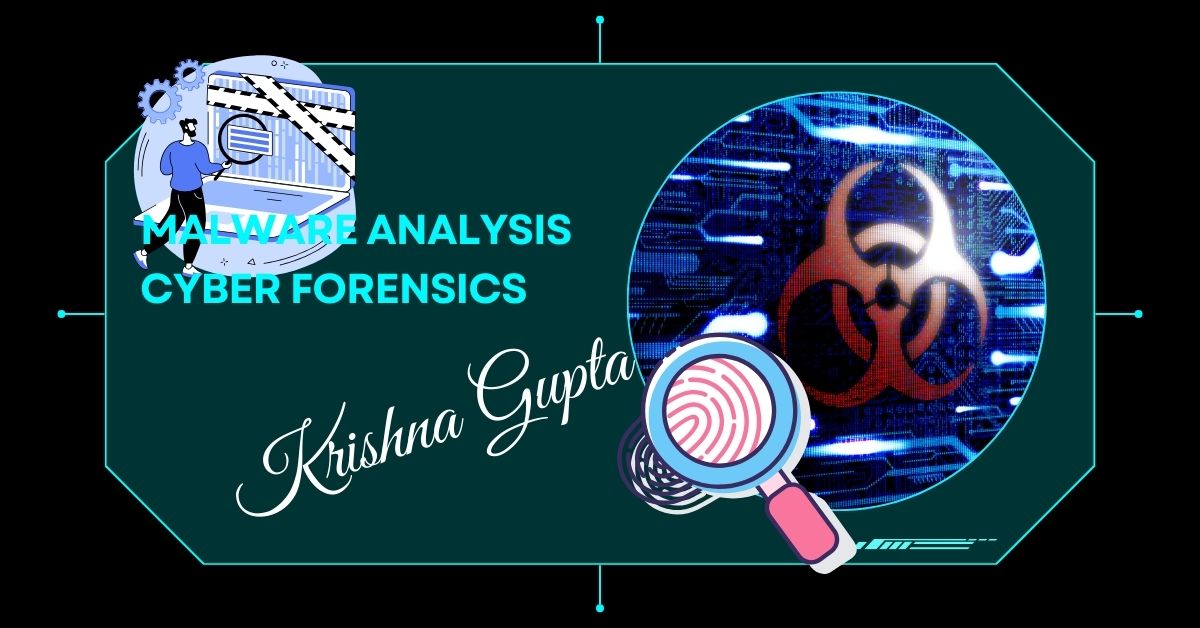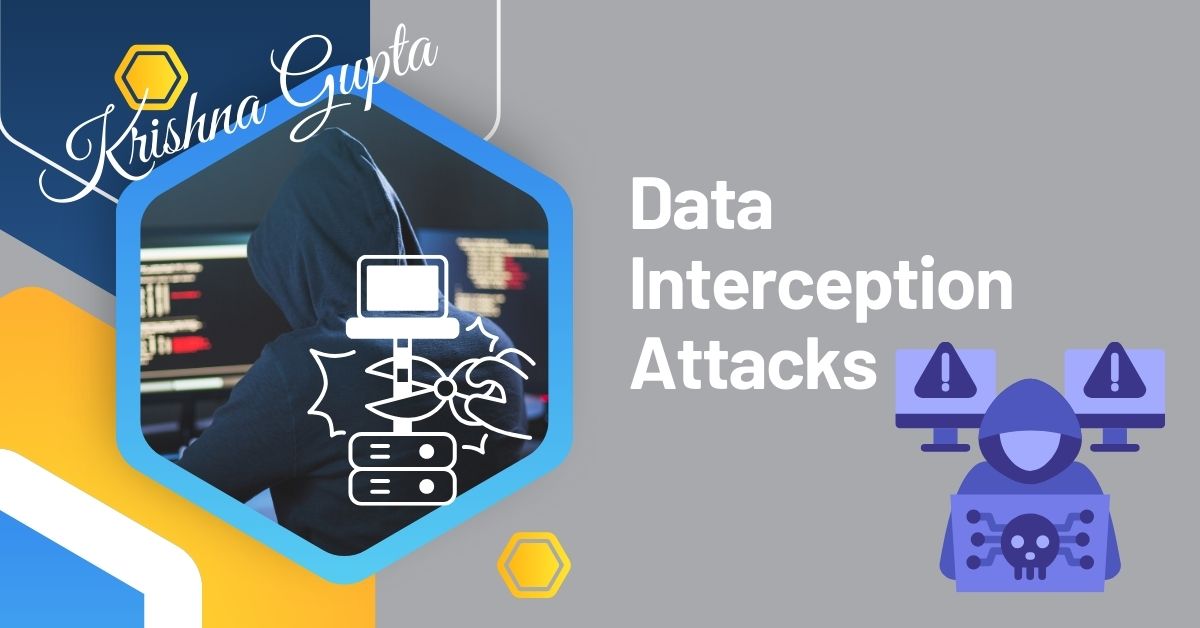Offensive Security: Strengthening Cyber Defences Through Active Threat Simulation
Offensive security encompasses a range of practices that simulate cyberattacks in a controlled environment, allowing businesses to identify security risks in their systems and address them before attackers can exploit them. The core components of offensive security include vulnerability assessment, penetration testing, malware analysis, cyber forensics, and reverse engineering.




